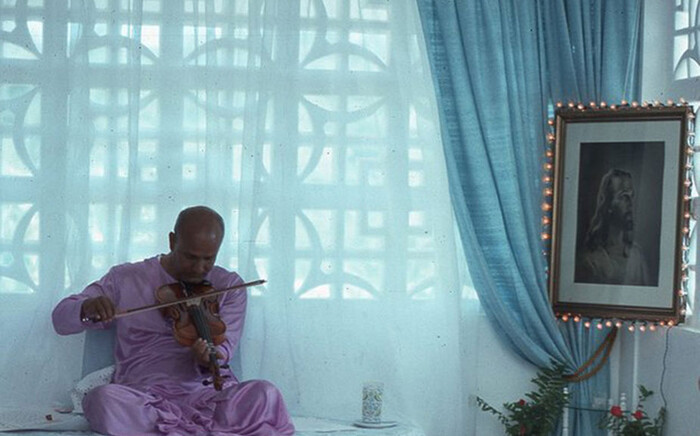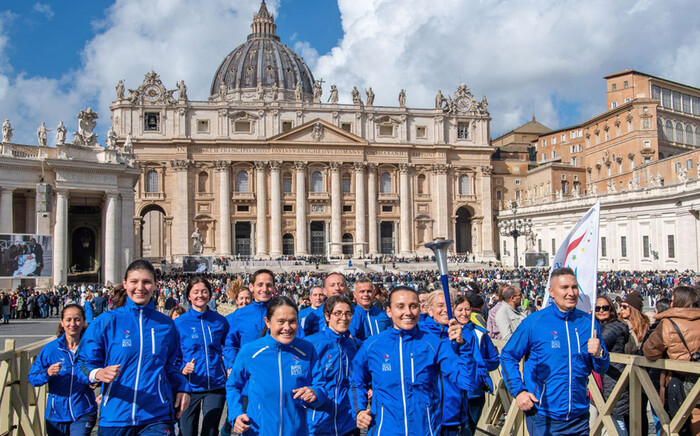
Stories
First-hand experiences of meditation and spirituality.
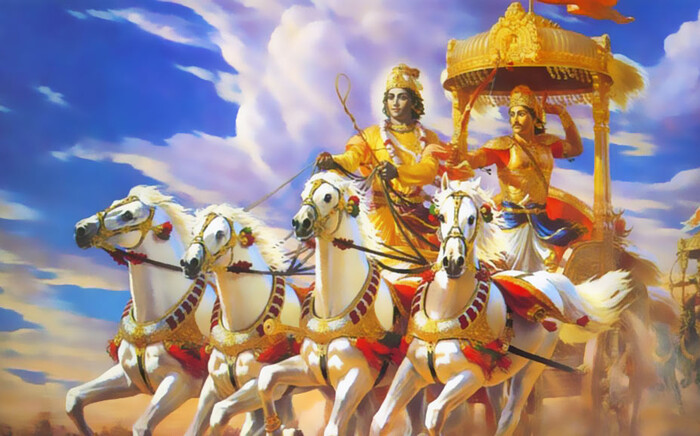
'You have to be like a warrior and fight'
Mahiyan Savage San Diego, United States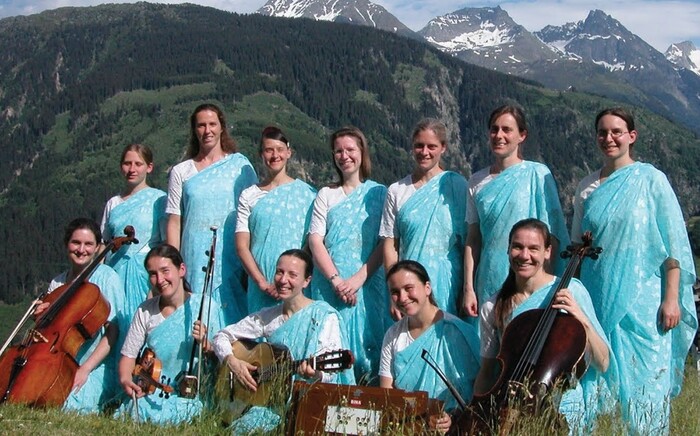
'When you perform for me, always choose devotional songs.'
Gunthita Corda Zurich, Switzerland
In the Whirlwind of Life
Pradeep Hoogakker The Hague, Netherlands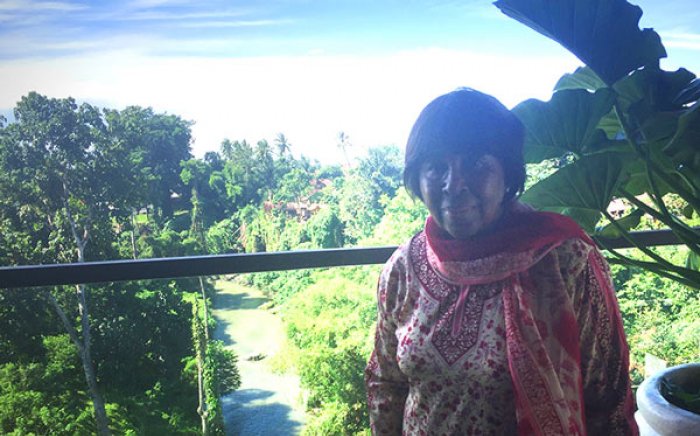
My life with Sri Chinmoy
Namrata Moses New York, United States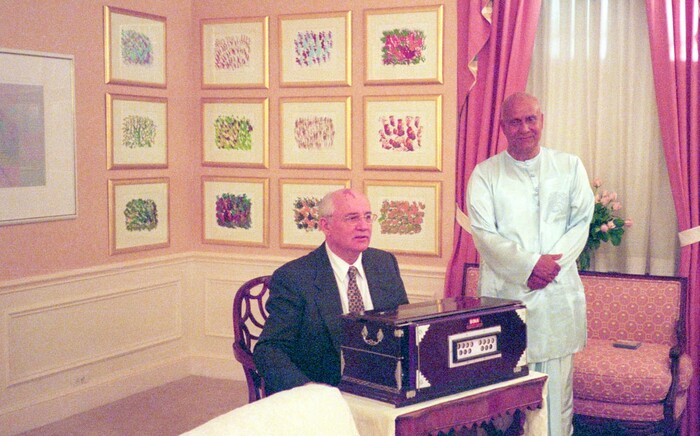
President Gorbachev: a special soul brought down for a special reason
Mridanga Spencer Ipswich, United Kingdom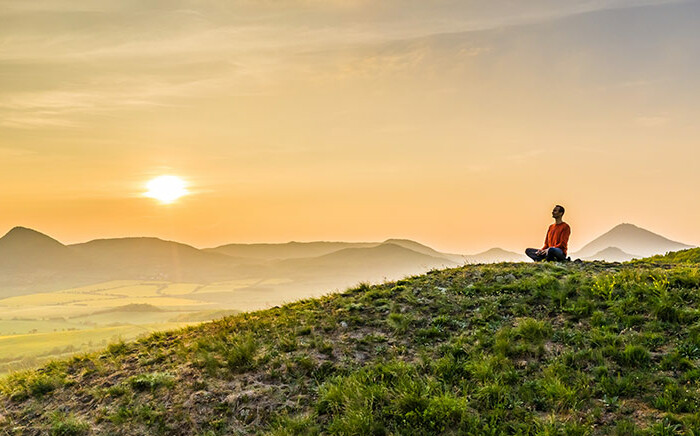
Reflections on meditation
Janaka Spence Edinburgh, United Kingdom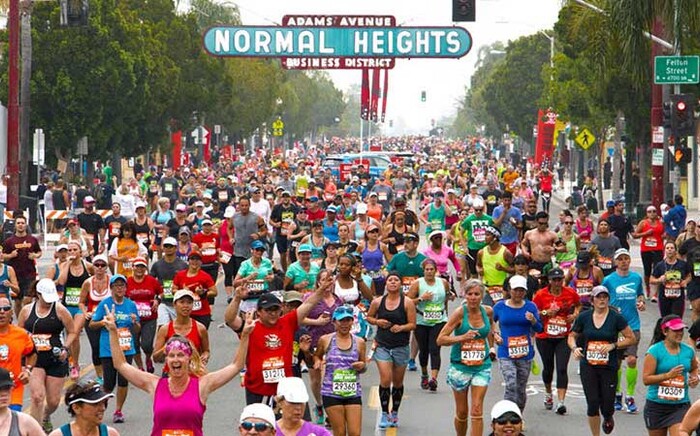
The happiest I've ever been
Gabriele Settimi San Diego, United States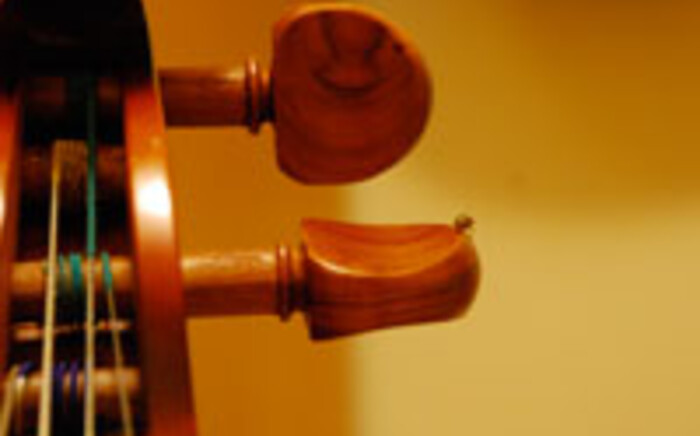
Learning to love songs ever more
Patanga Cordeiro São Paulo, Brazil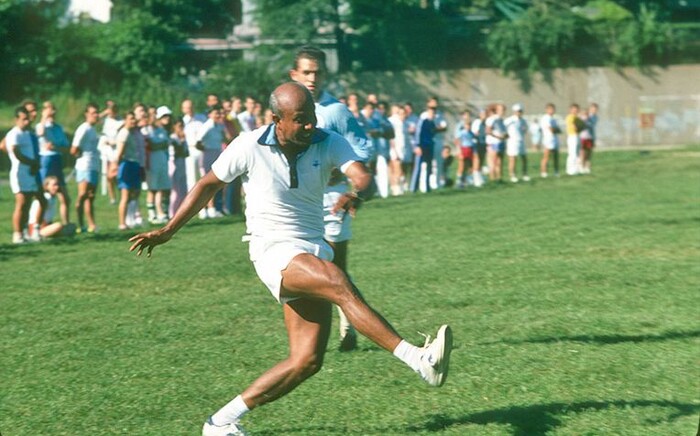
Listen to the inner voice
Vidura Groulx Montreal, Canada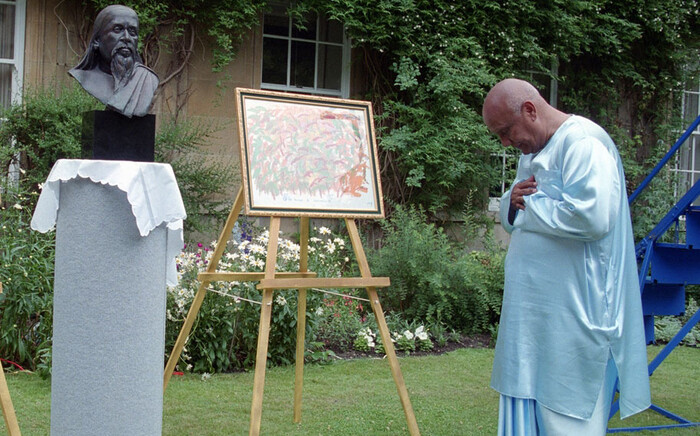
Our Guru becomes the perfect disciple
Devashishu Torpy London, United Kingdom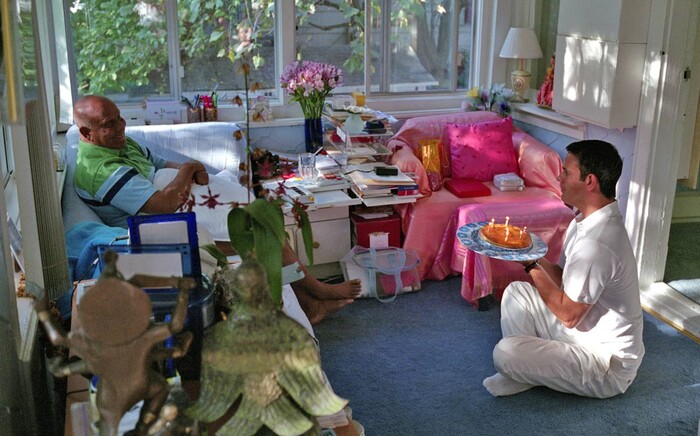
Celebrating birthdays at Guru's house
Devashishu Torpy London, United Kingdom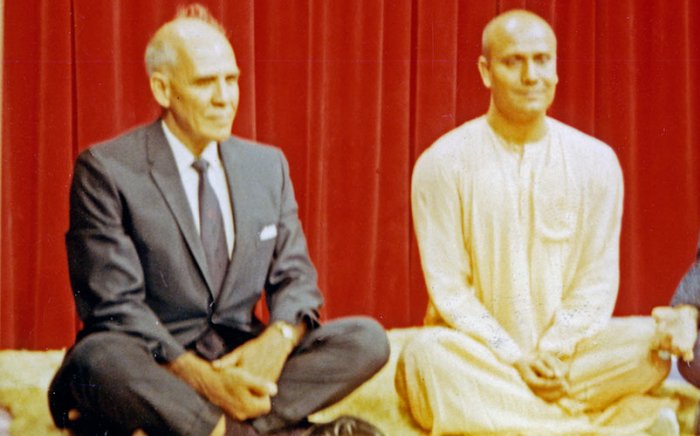
The Impact of a Yogi on My Life
Agni Casanova San Juan, Puerto Rico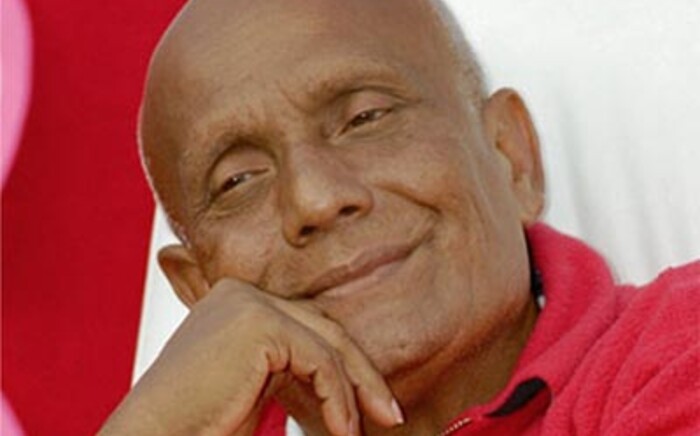
Having a Spiritual Teacher
Preetidutta Thorpe Auckland, New ZealandSuggested videos
interviews with Sri Chinmoy's students
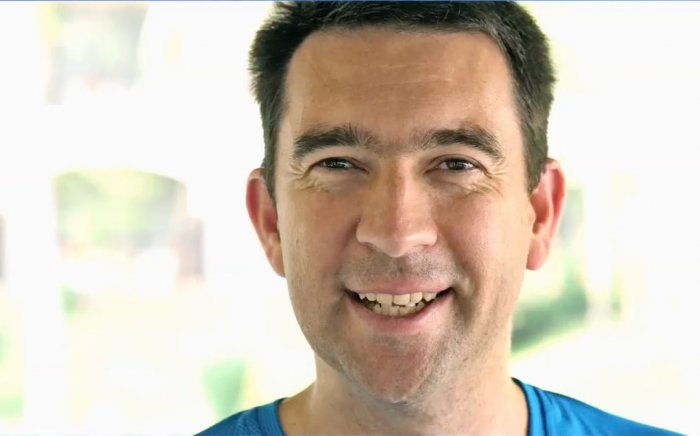
What meditation gave me that I was missing
Purnahuti Wagner Guatemala City, Guatemala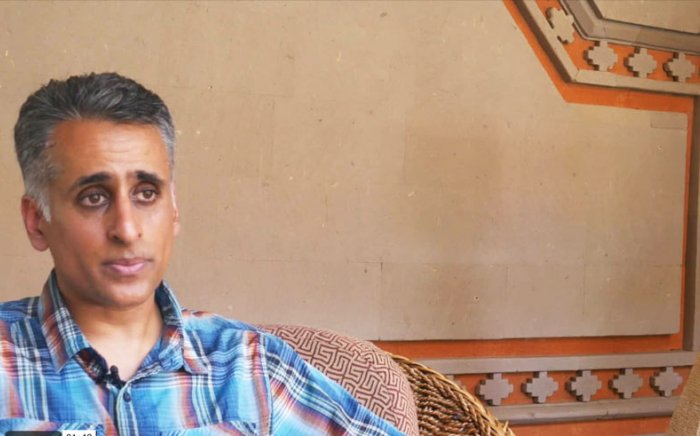
Things I have learnt from the spiritual life
Sanjay Rawal New York, United States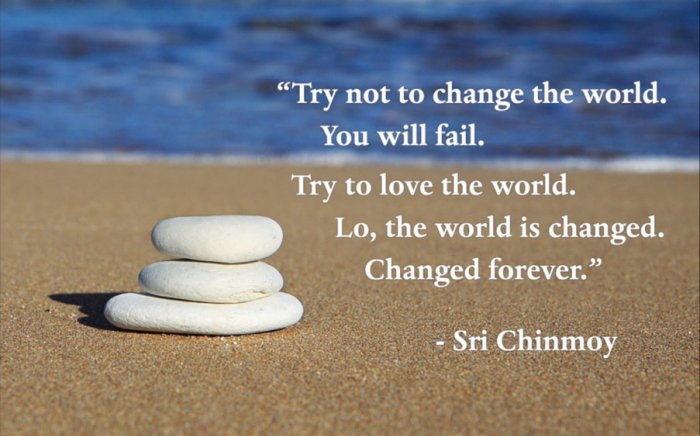
How can we create harmony in the world?
Baridhi Yonchev Sofia, Bulgaria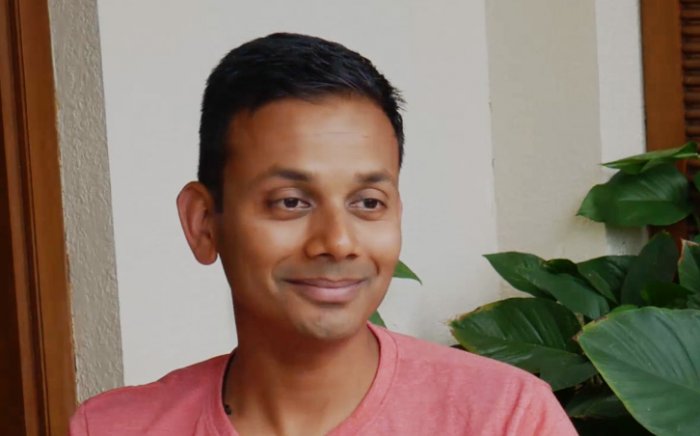
My favourite part of Sri Chinmoy's path
Muslim Badami Auckland, New Zealand
Winning the Swiss Alpine Marathon
Vajin Armstrong Auckland, New Zealand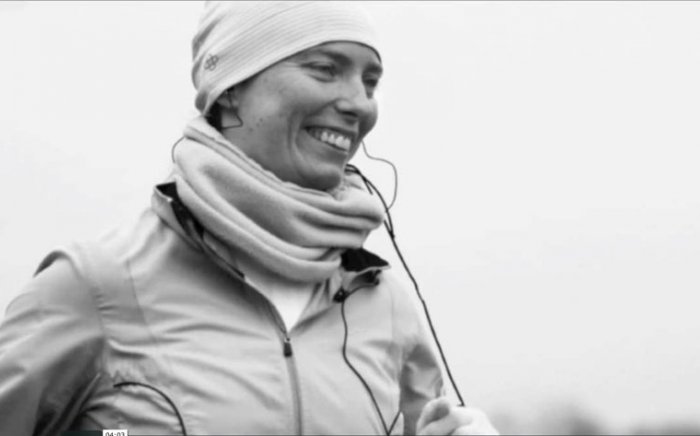
My well-scheduled day
Jayasalini Abramovskikh Moscow, Russia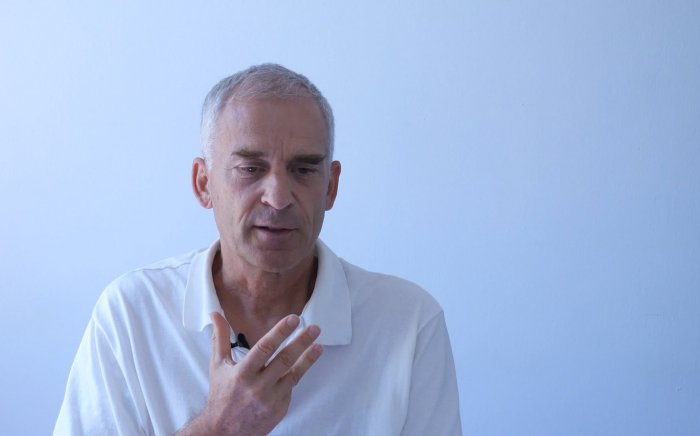

 by Thomas Mcguire
by Thomas Mcguire